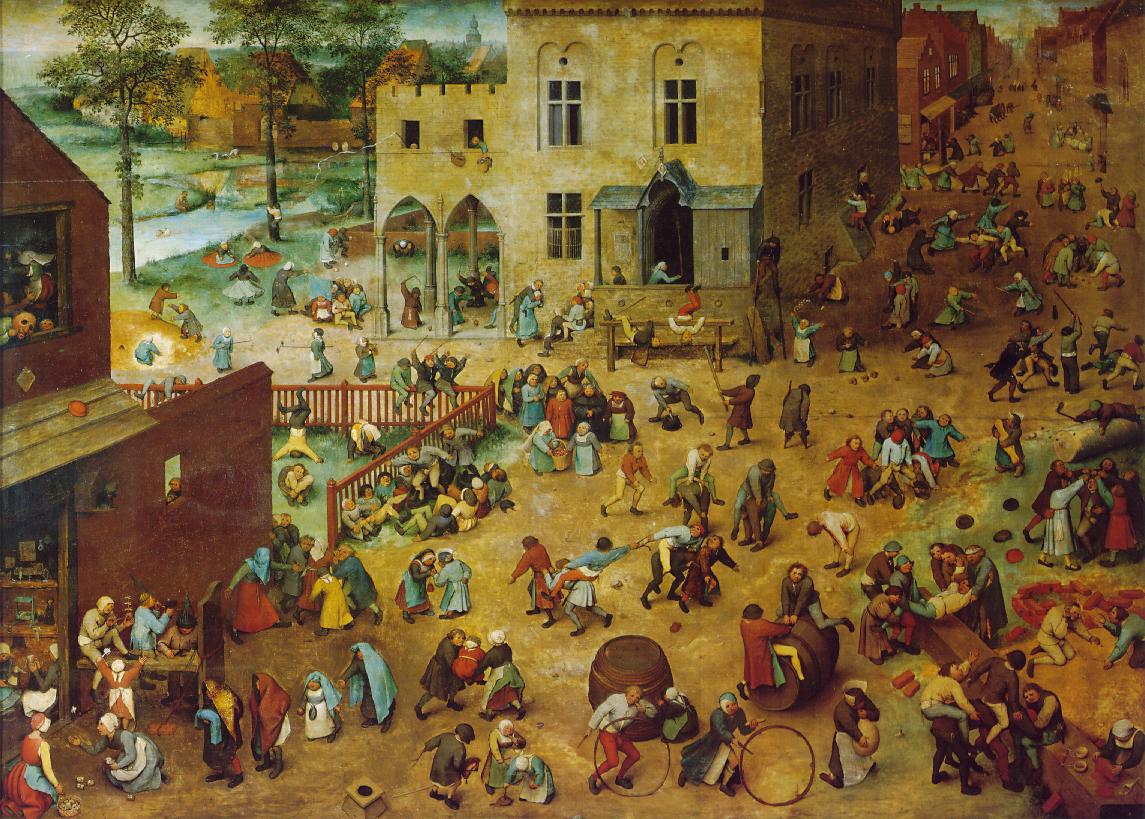 Let’s make a concept map and work toward a definition of games. Brainstorm related concepts and features of games (digital and non digital).
Let’s make a concept map and work toward a definition of games. Brainstorm related concepts and features of games (digital and non digital).
Some classic definitions
“A free activity standing quite consciously outside ordinary life as being “not serious”, but at the same time absorbing the player intensely and utterly.
It is an activity connected with no material interest, and no profit can be gained by it.
It proceeds within its own proper boundaries of time and space according to fixed rules and in an orderly manner.”
-Jonah Huizinga (1950)
“An activity which is essentially: Free (voluntary), separate in time and space, uncertain, unproductive, governed by rules, make-believe.”
-Roger Caillois (1961)
“At its most elementary level then we can define game as an exercise of voluntary control on systems in which there is an opposition between forces, confined by a procedure and rules in order to produce a disequilibrial outcome.”
-Avedon & Sutton-Smith (1971)
“The voluntary attempt to overcome unnecessary obstacles”
-Bernard Suits (1978)
Or his more complete definition:
“To play a game is to attempt to achieve a specific state of affairs [prelusory goal], using only means permitted by rules [lusory means], where the rules prohibit use of more efficient in favour of less efficient means [constitutive rules], and where the rules are accepted just because they make possible such activity [lusory attitude].”
“A game is a system in which players engage in an artificial conflict, defined by rules, that results in a quantifiable outcome.”
-Salen & Zimmerman (2004)
“Games are a series of interesting decisions”
-Sid Meier
My definition:
gamedefinitions.com
Family Resemblance
Ludwig Wittgenstein used games as an example for his concept of family resemblance. What we call games may not have certain common features but rather a complicated network of overlapping similarities.
Some of these similarities are useful concepts in game design
Magic Circle

The idea of play as an activity separated from ordinary life, where other kind of rules apply, solidified in the concept of magic circle:
“All play moves and has its being within a play-ground marked off beforehand either materially or ideally, deliberately or as a matter of course. Just as there is no formal difference between play and ritual, so the ‘consecrated spot’ cannot be formally distinguished from the play-ground. The arena, the card-table, the temple, the stage, the screen, the tennis court, the court of justice, etc, are all in form and function play-grounds, i.e. forbidden spots, isolated, hedged round, hallowed, within which special rules obtain. All are temporary worlds within the ordinary world, dedicated to the performance of an act apart.”
-Johan Huizinga
“In a very basic sense, the magic circle of a game is where the game takes place. To play a game means entering into a magic circle, or perhaps creating one as a game begins”
-Katie Salen and Eric Zimmerman
Obviously many games blur the boundaries of the magic circle:

Not only in a physical sense, e.g. Eve Online’s political metagame
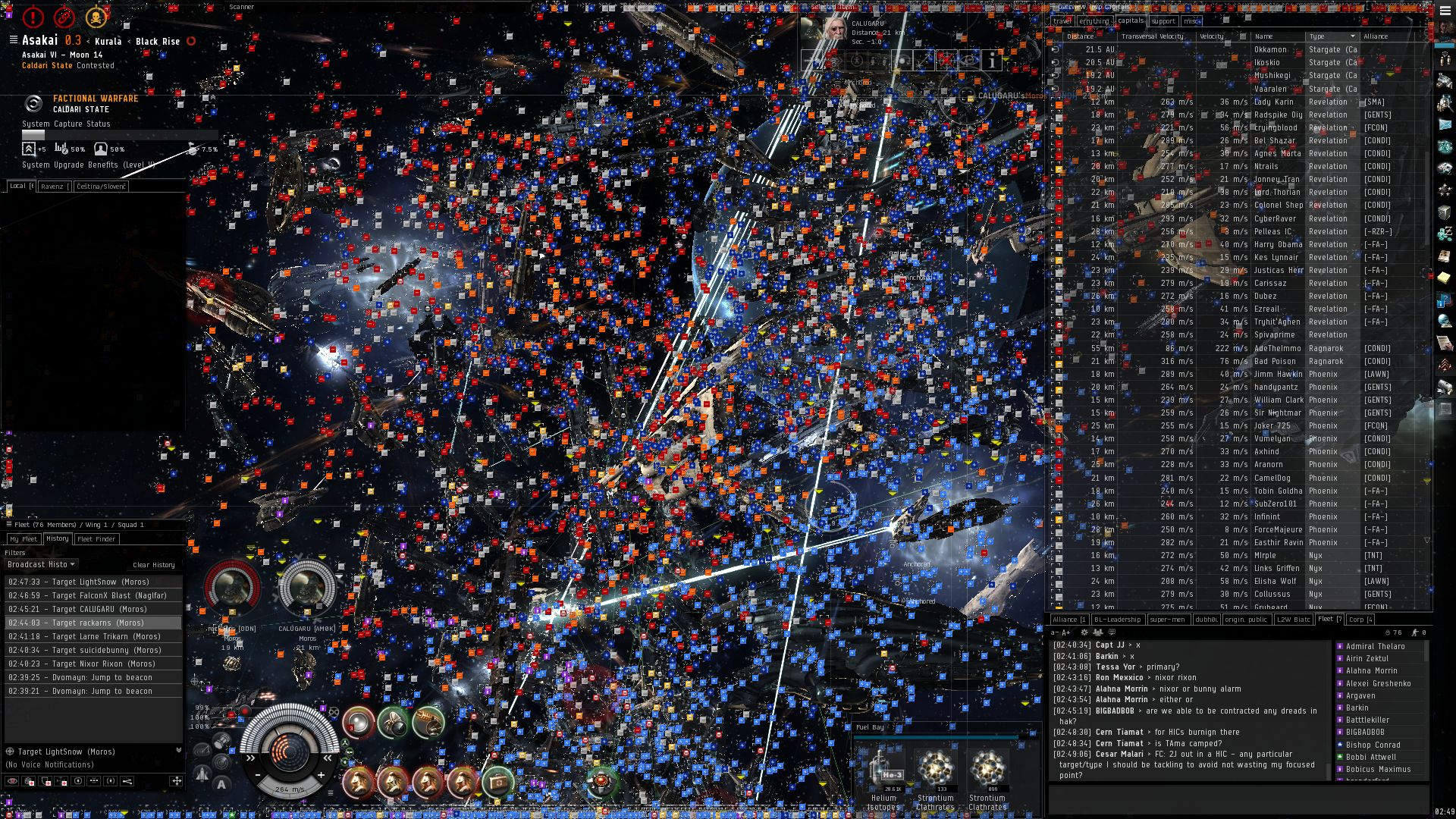
Can you think of other examples of games blurred boundaries?
Agency
Most of these unique features of the gaming situation (or cyberdrama or interactive literature…) relate to the concept of agency, popularized by media theorist Janet Murray.
Agency: the satisfying power to take meaningful action and see the results of our decisions and choices
Murray sees immersion and agency as central elements for the enjoyment of games.
Every expressive medium has its own unique patterns of desire; its own way of giving pleasure, of creating beauty, of capturing what we feel to be true about life; its own aesthetic.
Janet Murray – Hamlet on the Holodeck 1997
The issue of agency will come up frequently while discussing story-based and art/arty games.
Can there be a game without agency?
Let’s examine 3 extreme cases: The Graveyard by Tale of Tales, a Call of Duty “pacifist speedrun”, and Progress Quest.
Meaningful play / meaningful choices
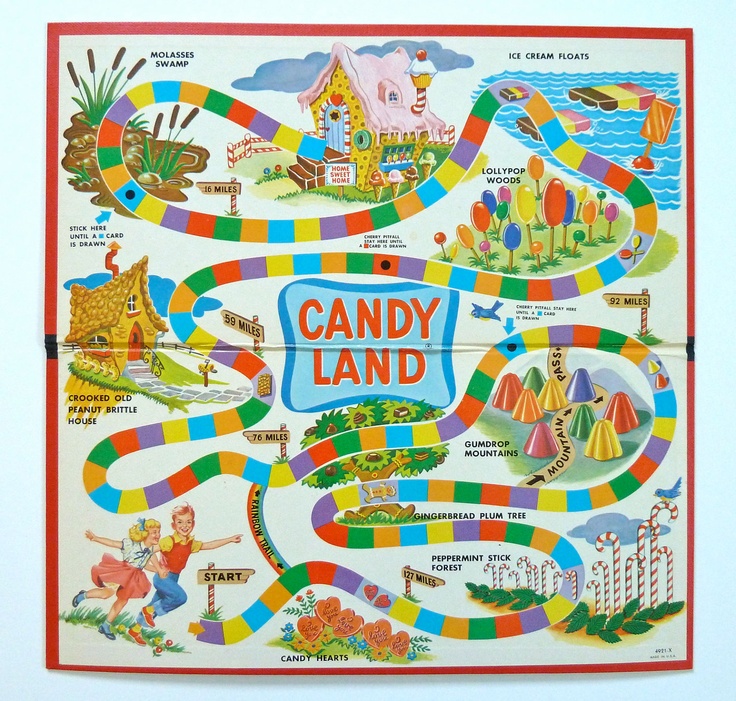
In Rules of Play, Katie Salen and Eric Zimmerman provide two definitions of meaningful play (the goal of game design):
Meaningful play in a game emerges from the relationship between player action and system outcome; it is the process by which a player takes action within the designed system of a game and the system responds to the action. The meaning of an action in a game resides in the relationship between action and outcome
Meaningful play is what occurs when the relationships between actions and outcomes in a game are both discernible and integrated into the larger context of the game
Candyland, battleship, bingo lack actual choices. Tic-tac-toe stops being meaningful to an “expert” player.
When choices are not discernible and integrated the game may break or stop making sense to the player. Did my choice had an effect? Was that event random or was it my fault?
Any video game examples?

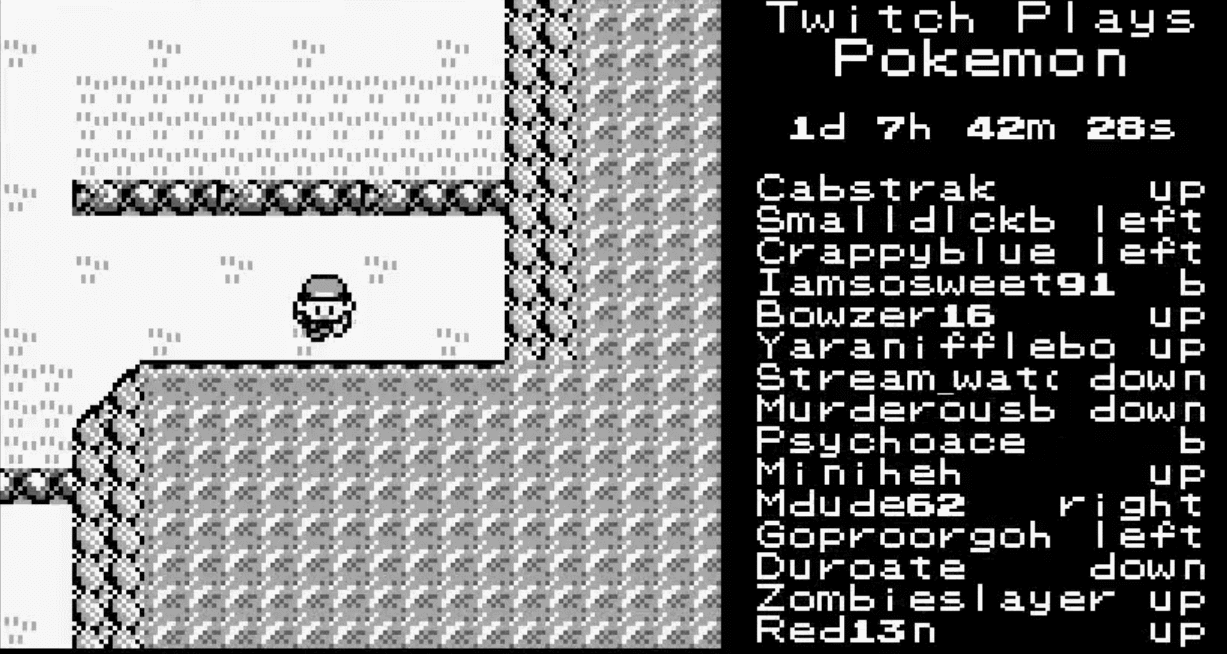
PLAY
Man, Play and Games was written by french sociologist Roger Callois in 1961. The book introduced important terminology in game studies. He describes four “play forms” that are the basis for the enjoyment of cames and that can be present in different degrees in each game:
Agon, or competition. Present in skill based, competitive game like sports or chess.
Alea, or chance. Present in gambling games like slot machines or roulette.
Mimicry, or mimesis Present in role playing games or pretend games.
Ilinx, or vertigo Present in perception alterning play, like merry go round and visually intensive videogames.
He also notably defined a a continuum in which games can be places ranging from:
Ludus – structured activities with explicit rules (games)
to
Paidia, unstructured and spontaneous activities (child play)
Exercise: in groups of 3 pick some games and rate them according to the 4 types of play they are likely to generate. You can rate them subjectively in a scale from 0 to 5. Find some extreme examples. E.g.
Slot Machine
Agon (contest)
Alea (chance) ★★★★★
Ilinx (vertigo) ★★★
Mimicry (make-believe).
Now remix them changing the components as if they were on a slider: what would a slot machine with mimicry look like?
Fun
“Fun arises from trying to understand the pattern of a game.”
-Raph Koster
“The truth is, your self knows what fun means. Because you know when something is fun — for you. So start there. Not with trying to define it, because you already have defined it.”
-Bernie DeKoven
8 types of fun:
Sensation, Game as sense-pleasure
Fantasy, Game as make-believe
Narrative, Game as unfolding story
Challenge, Game as obstacle course
Fellowship, Game as social framework
Discovery, Game as uncharted territory
Expression, Game as soap box
Submission, Game as mindless pastime
-Hunicke, LeBlanc, and Zubek
Can you think of examples of games centered on these types of fun?
Goals/Motivation
The unique features of interactive texts, cybertexts, and games can be better understood if we analyze the “gaming situation” (Eskelinen) from the side of the player.
Interpretation (shared with linear media)
What’s happening?
What does it mean?
How do I feel about it?
What does the author want to convey?
Exploration
Non trivial actions (such as turning or scrolling a page) are required to reveal “hidden” content
Formation of goals
What do I have to do to win?
What I’m expected to do?
How can I cheat/break the game/find the limits of the system?
Do players formulate goals all the times? What’s the goal in the Sims?
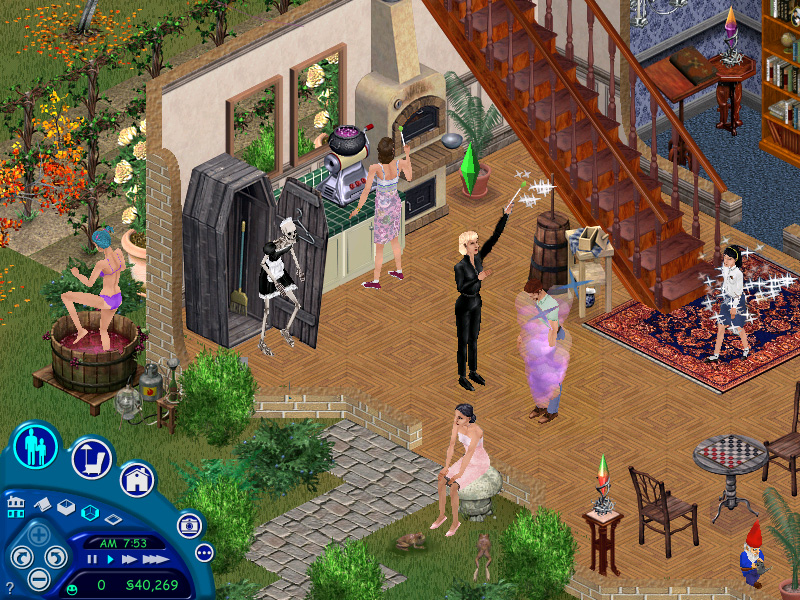
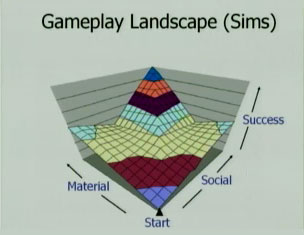
The impulse toward goal formation in games is incidentally a big challenge for Artgame/notgame designers. The ideal player of an art game should ask herself: What’s the best way to experience this?
